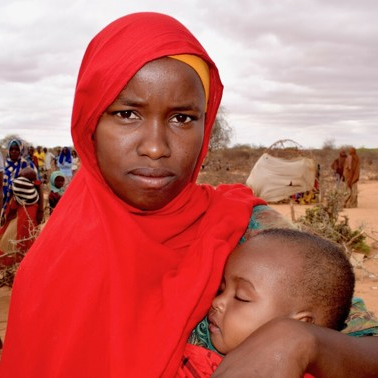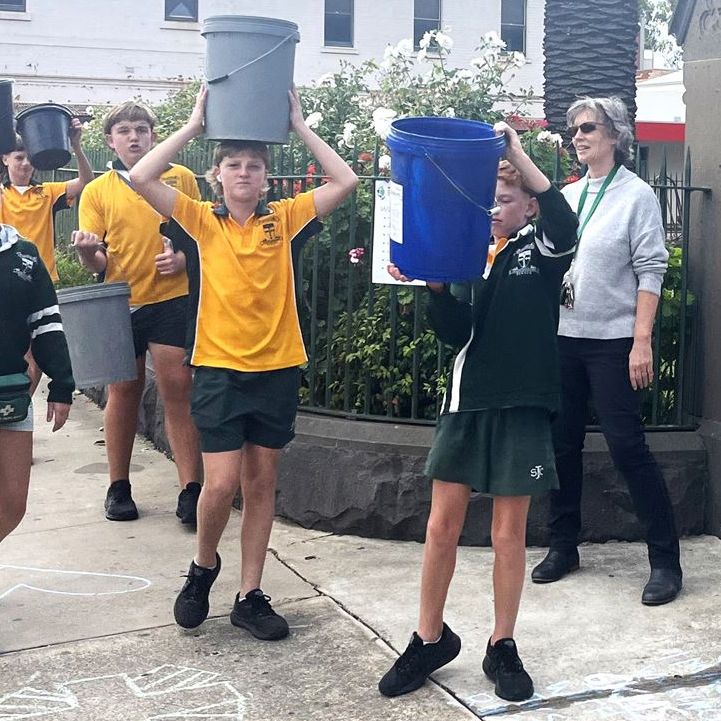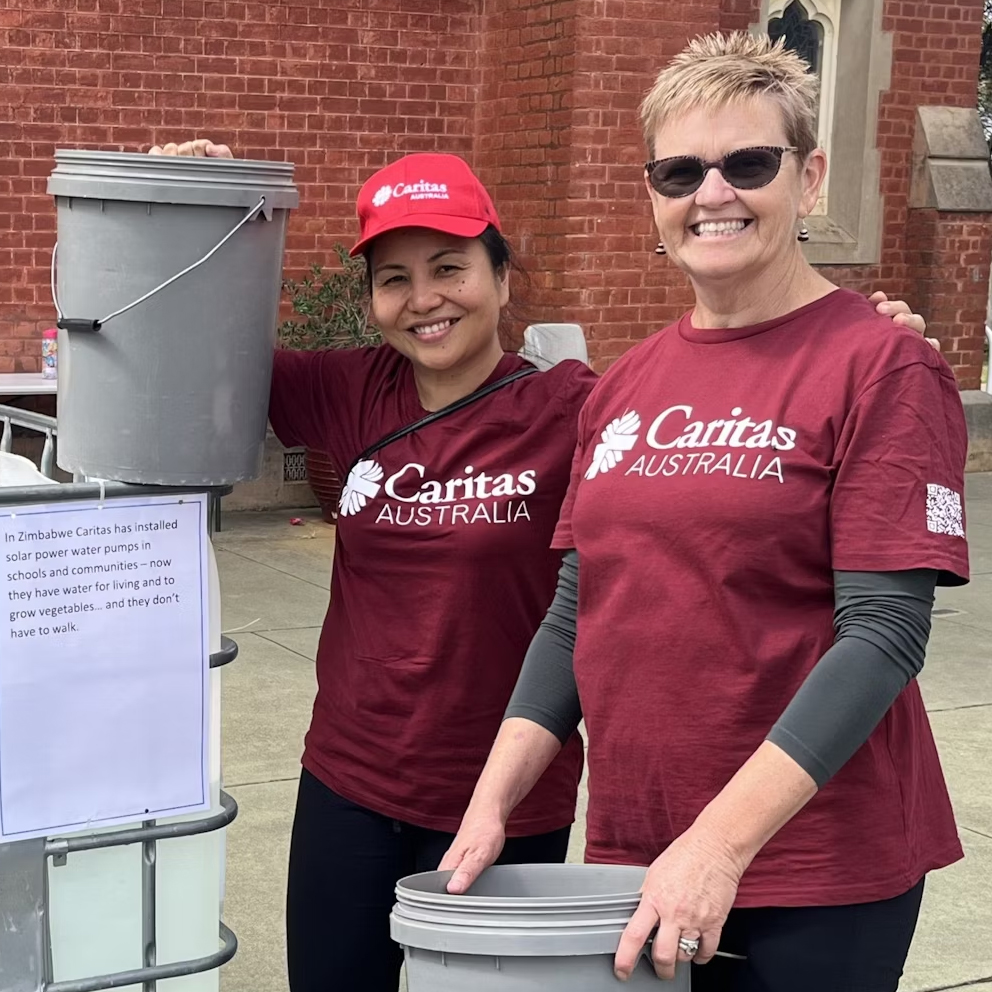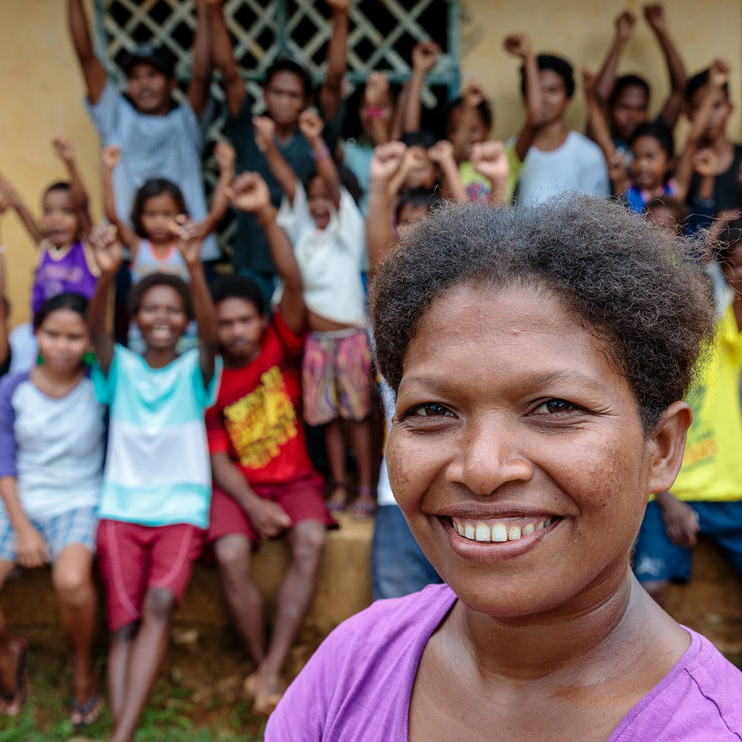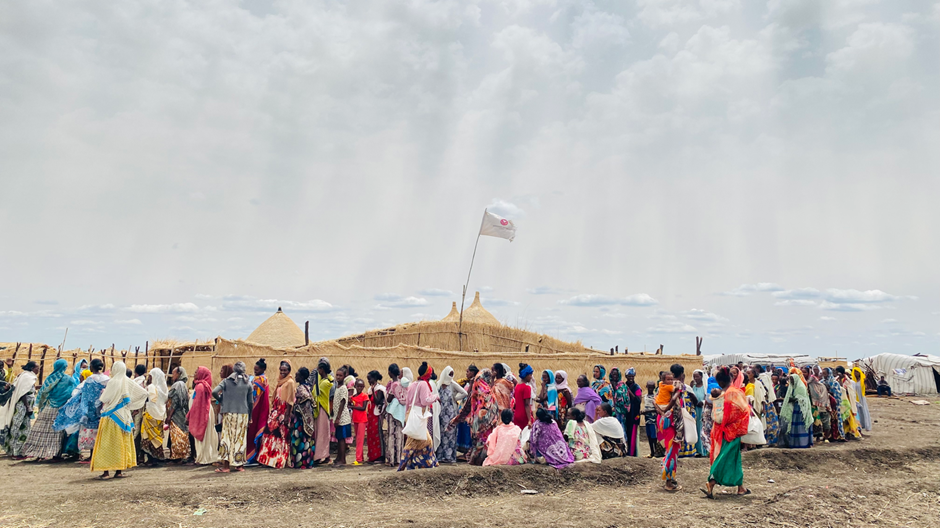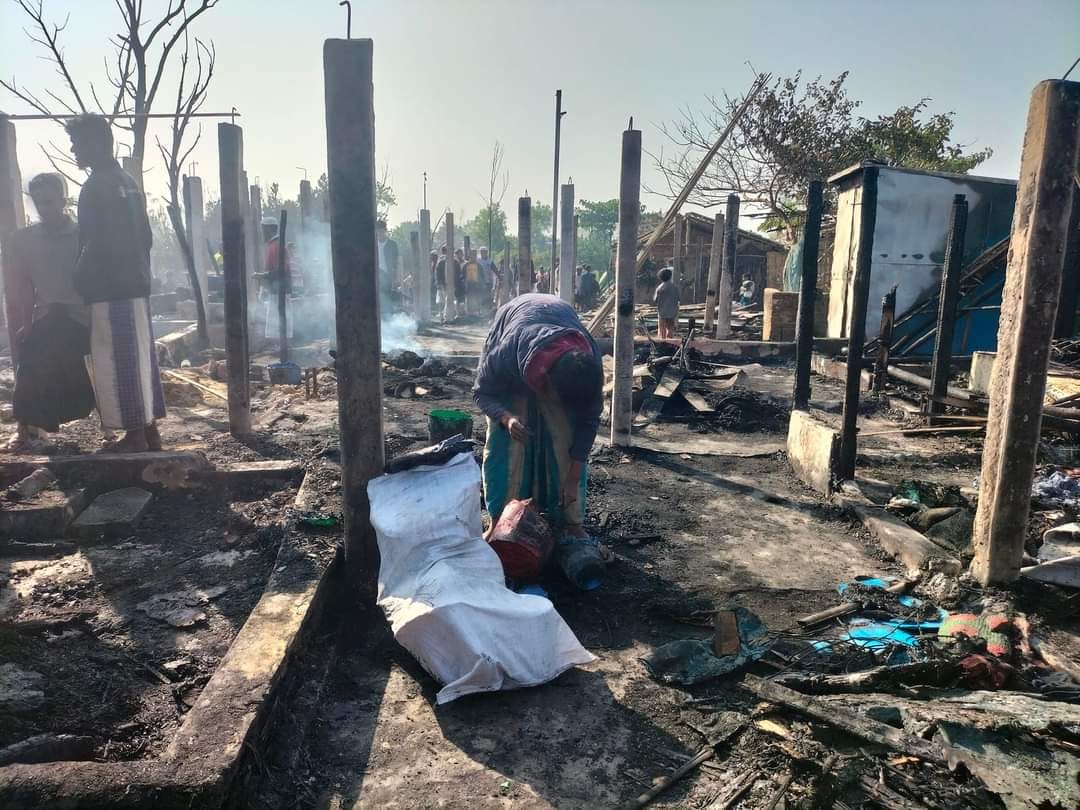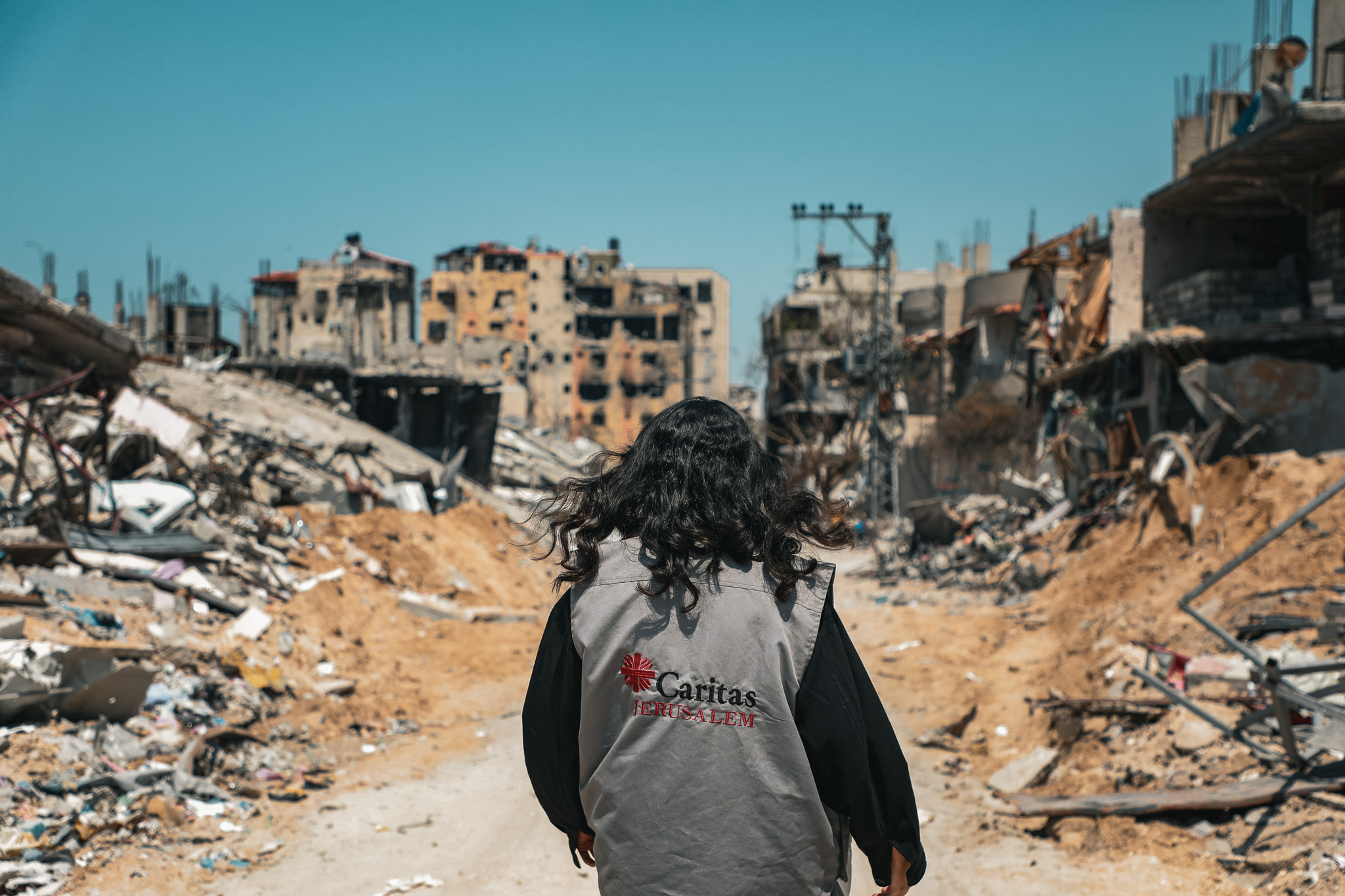Despite ongoing bombardments, displacement, loss and personal risk, our partners on the ground have continued responding to the exceptional humanitarian challenges in Gaza. Our Caritas network has 61 staff currently in Gaza. All are now displaced, with some living in Church compounds and others taking shelter in Rafah.
Rafah previously afforded a crossing point between Egypt and Gaza but, with military action taking place in the region, aid routes were closed off as of Tuesday. In light of this deeply concerning development Caritas members are continuing to coordinate with each other and with governments, the UN, civil society organisations and others to respond in the rapidly changing context.
As challenges increase, Anton Asfar, Caritas Jerusalem Secretary General remarked on the unique role Caritas holds within Gaza: “The trust that Caritas has within Gaza Strip is huge. We are not coming from the outside. We are coming from within…warmly welcomed by the community because they know who we are, what we represent, and the services that we are trying to provide.”
Priorities within Gaza include the provision of public health care services, cash assistance to help families to meet their basic needs, as well as the provision of hygiene kits, medications, medical supplies, emergency shelter, bedding and food. Psychosocial support is also being offered to children and caregivers, as well as Caritas staff.
A field officer working for a Caritas partner in a shelter in Gaza offered the following words of hope, “As the conflict unfolds, each rapid assessment is an emotional journey to identify the faces, stories, and lives behind the numbers. The immediate priority isn't just securing shelter; it's about creating safe havens that echo with resilience, dignity, and a glimmer of hope. It's distributing not just emergency kits, but lifelines filled with warmth – blankets, mattresses, and essentials that carry the weight of shared humanity.”
Anton Asfar concluded by thanking the global Caritas community and its supporters, stating that, “Our staff has felt the support of the Confederation with the messages, the Masses held for our people, the prayers.”
